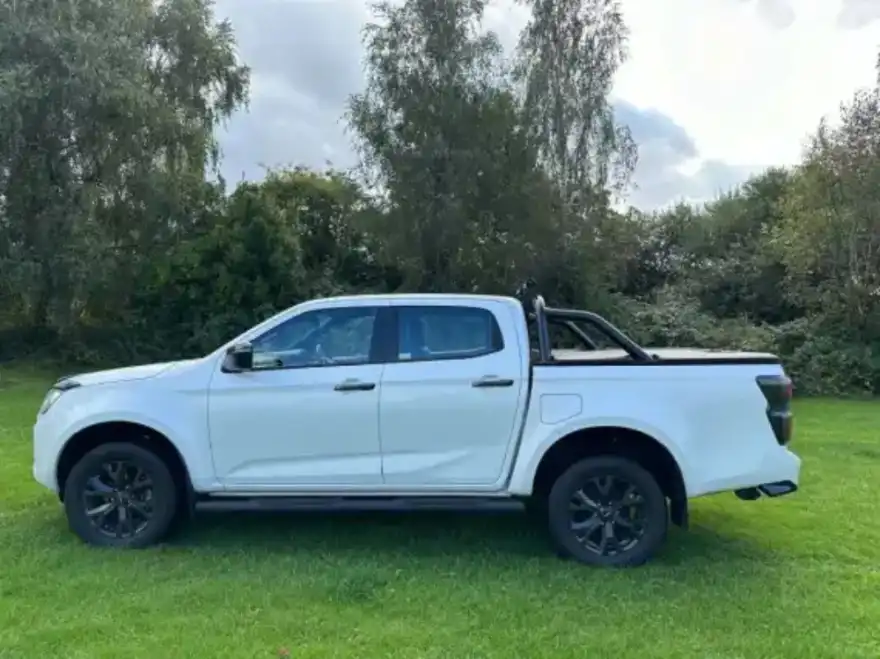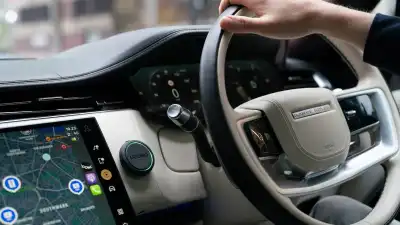
Drivers of larger diesel vehicles could see their car tax rise more than five-fold next year under changes introduced in the latest Budget.
One of the biggest impacts will be felt by double-cab pickup owners, who will face a sharp increase in benefit-in-kind (BiK) tax rates. The Government has announced that pickups with a payload of one tonne or more will now be classified as cars instead of commercial vehicles.
This is the second attempt at reclassifying pickups, after a similar proposal in February was reversed due to backlash from fleet operators.
Higher Costs for Diesel Pickups
Vehicles with larger diesel engines will be among the hardest hit. Under the new rules, they will fall into the highest BiK tax brackets. Historically, double-cab pickups have enjoyed lower tax rates compared to standard company cars, making them popular for businesses needing vehicles for both work and personal use.
The current system offers a fixed BiK rate, providing significant tax savings and driving demand for these vehicles. However, the new system will calculate taxes based on CO2 emissions and the vehicle’s list price, similar to regular company cars.
What to Expect from April 2025
From April 2025, pickups will no longer benefit from their previous tax treatment. Key changes include:
- Taxes calculated using CO2 emissions and list price.
- A sliding scale of tax bands, ranging from 3% for zero-emission vehicles to 37% for vehicles emitting 160g/km or more.
- An additional 4% surcharge for diesel vehicles that fail to meet Real Driving Emissions Step 2 standards.
These changes could lead to much higher costs for businesses operating larger diesel pickups.
Transitional Relief for Businesses
To ease the transition, businesses acquiring double-cab pickups before April 2025 will continue to benefit from the current BiK rates for a limited time. This relief will apply until:
- The vehicle is sold.
- The lease ends.
- April 2029, whichever comes first.
This four-year transitional period gives businesses time to adapt their fleet strategies and prepare for the new tax system.
Plan Ahead
The upcoming changes mark a significant shift, making it vital for businesses to review their vehicle options now. Taking action before April 2025 could save thousands in tax costs over the coming years.



